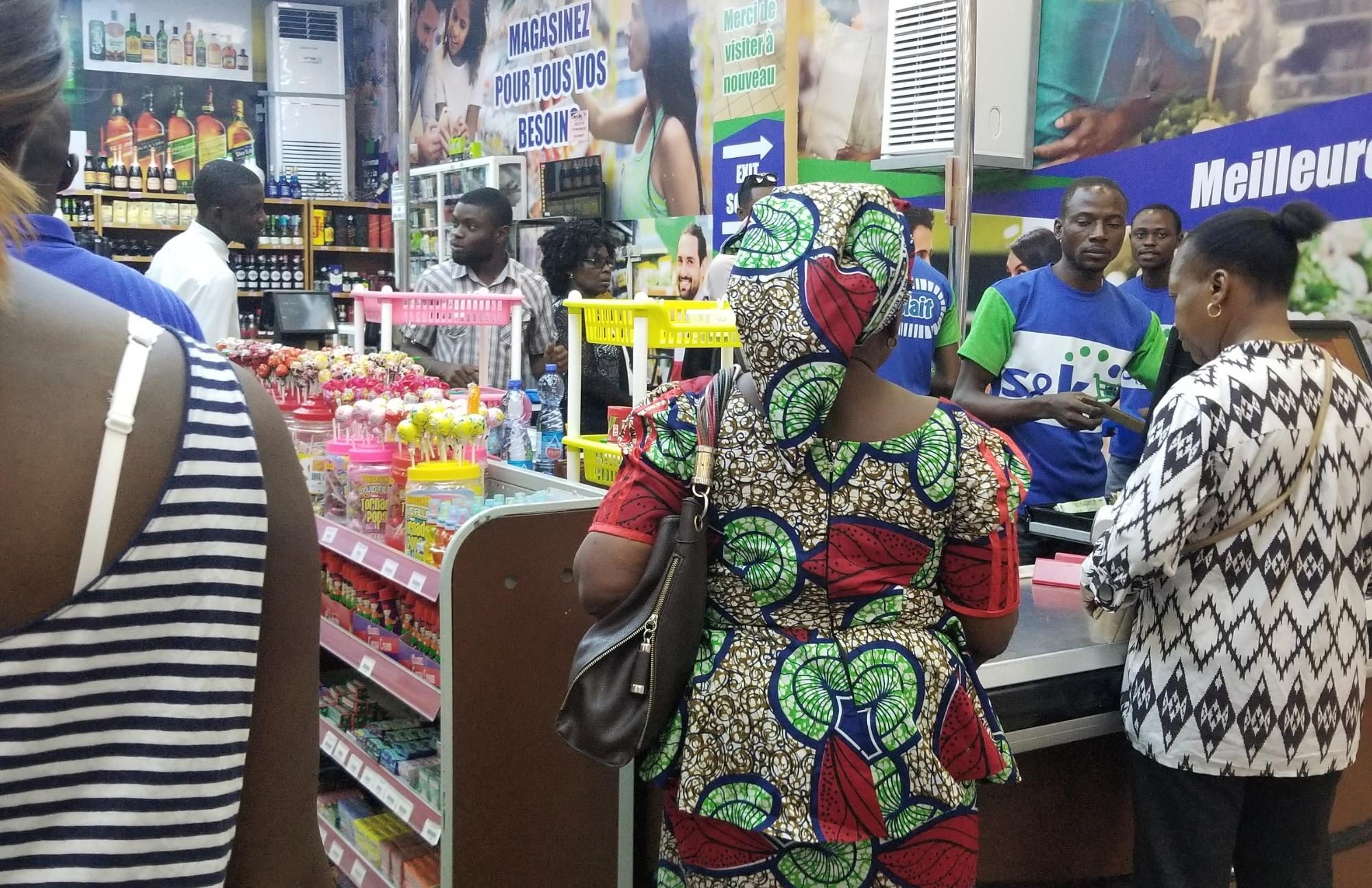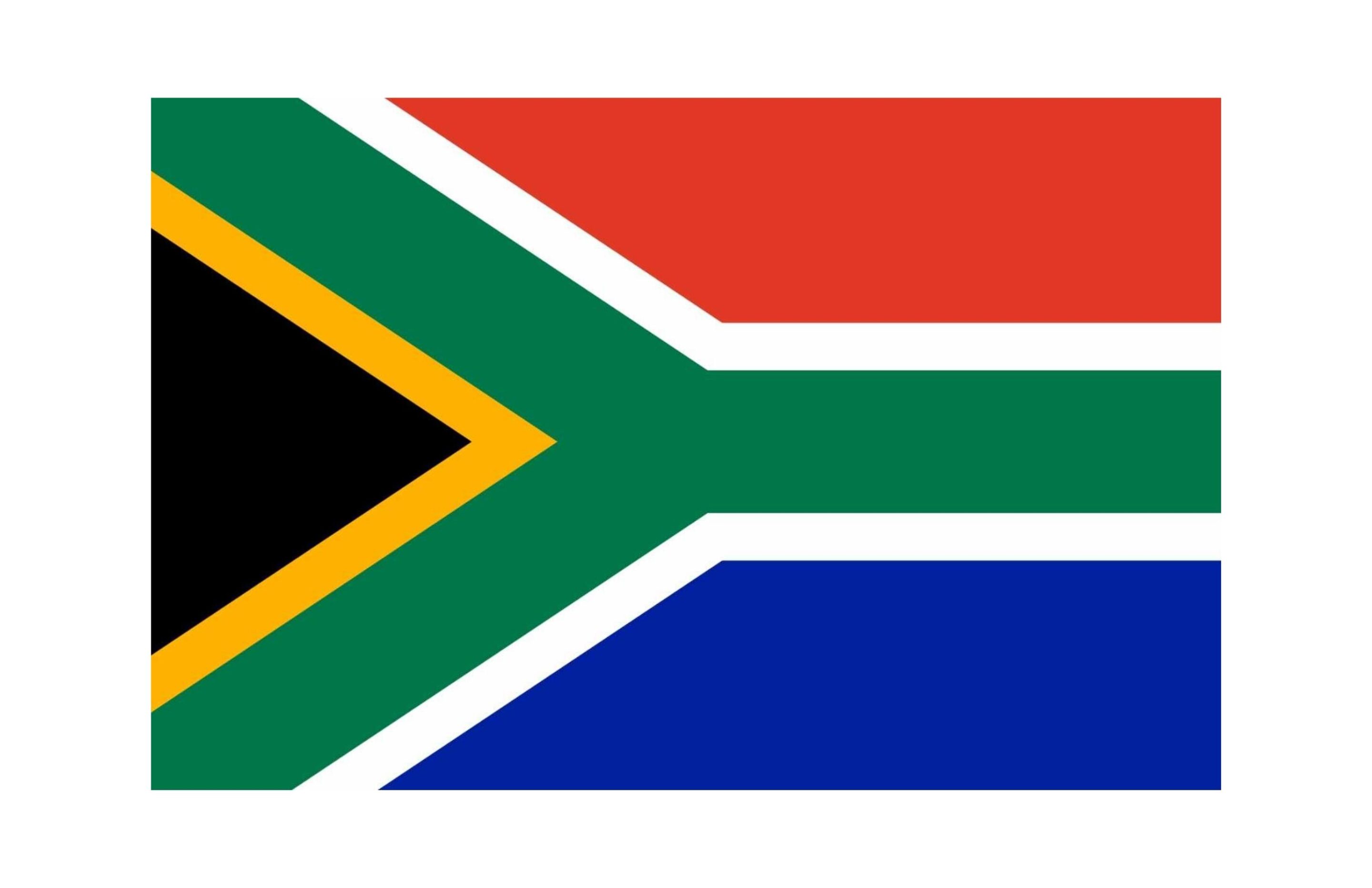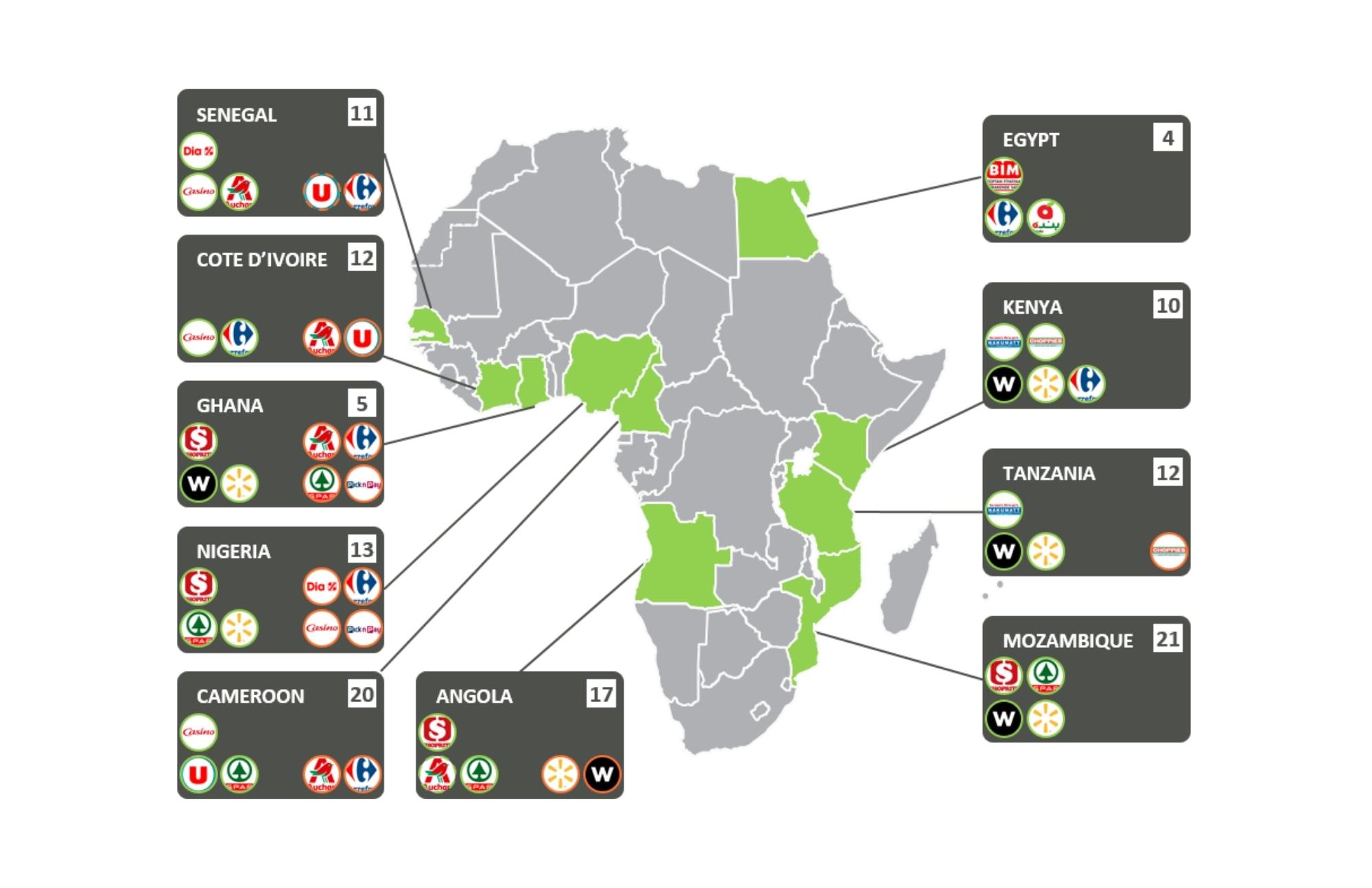On March 6th 2023 the Egyptian Central Bank announced a new devaluation of the Egyptian Pound (EGP) and the adoption of a free-floating exchange rate. The official exchange rate fell from EGP31 for US$1 to around EGP50, matching the parallel rate already used by most of the population. A few hours later, the IMF confirmed Egypt would receive a $8bn support package, with the likely addition of a $1.2bn loan to support environmental sustainability.
Economic crisis in Egypt
Egypt has been experiencing a severe fx crisis since 2022, when commodity prices rose sharply following the Russian invasion of Ukraine. Egypt was especially impacted by rising wheat prices, as it is one of the world’s largest importers and prices are subsidized by the state. The high cost of imports has drained fx reserves.
The Egyptian Central Bank had already depreciated its currency three times since March 2022, and the EGP had already lost 50% of its value in two years before the March 6th depreciation. Those measures had a limited impact in alleviating the country’s fx shortage. However, they did lead to a severe decrease in remittances, one of the country’s major sources of foreign currency.
In addition, the current situation in the Middle East is having a severe impact on the Egyptian economy. The tourism industry, which brings in annual revenues of $35bn (8.7% of Egypt’s GDP) in 2023, is negatively impacted by the Gaza war. Attacks on ships in the Red Sea by Houthi rebels from Yemen are further worsening the situation, as ships are increasingly avoiding the Suez route. Suez Canal fees had brought $10bn revenues in 2023. The Egyptian government has said revenues from the canal fell by 50% year on yearto January 2024, and as long as Houtis keep attacking ships, canal traffic will remain below normal levels.
In that context, the Egyptian government had little choice but to accept IMF support.
The implications of an IMF loan
In theory, a $3bn loan to Egypt had already been agreed by the IMF in December 2022 (the third IMF support program to Egypt in six years). However, negotiations over the conditions for the loan and their implementation were stuck during 2023. In return for its loan, the IMF demanded important economic liberalization reforms. The adoption of a free-floating exchange rate is only a first step in that direction. Further demands include the sales of state owned-companies, increased transparency and important cuts to public spending.
Those demands could jeopardize the legitimacy of the Sisi government. Egypt is a military dictatorship in which military-owned companies receive subsidies from the government and are tax-exempt. Ending that system would deprive Sisi of the support of his generals. At the same time, the expensive food subsidies paid by the government (over 4% of the government budget) are essential to limit popular unrest. The IMF demands for liberalization and spending cuts will severely harm the regime’s support base and create a severe risk of political unrest. That situation explains why the Sisi government took so long to accept the IMF conditions and waited until after the December 2023 presidential elections (as elections can easily trigger protests and violence to accept the loan.
What to expect in 2024
In the short term, the IMF loan should stabilize Egypt’s economic situation should stabilize. In January, year on year price inflation was 29.8% and food inflation was 47%. While inflation should slow, the buying power of Egyptian consumers will take time to recover. This pressure is being exploited by local manufacturers to push hard domestically made products. It is also driving the growth of hard discounters in Egypt, notably Kazyon and to a lesser extent, Bim.
At the same time, foreign currency shortages have led to a massive backlog at ports and delayed payments, sometimes for months. In short, getting money out of Egypt has been hard. The IMF loan should solve that issue. The liberalization of the exchange rate will also even the field for importers: previously, well-connected ones could access fx from the Central Bank at the official rate while others had to pay a heavy premium to access fx from the parallel market.
The IMF demands for economic liberalization in Egypt were backed by Gulf countries, which have a lot to gain from the market opening up. In February 2024, it emerged that the Egyptian government had sold the coastal town of Ras El-Hekma to Emirati investors for $24bn at the same time that the IMF negotiations were taking place. The total value of the deal could be $42bn across a seven-year period but the entire deal has been shrouded in secrecy. Under the deal the Dhabi Developmental Holding Company (ADQ) acquired the rights to develop a major project on the Ras Al-Hekma peninsula on Egypt’s Mediterranean coast to the west of Alexandria. The project will develop residential, commercial, entertainment and tourism facilities as well as an investment area, covering 170.8m sqm.
Thanks to large and cheap labour base, Egypt offers good potential as a manufacturing site to serve the Middle East and North Africa. The high oil prices of the last two years have benefitted Gulf countries, giving them a war chest to invest in local businesses.as long as liberalisation progresses. Combined with a weak EGP and the sales of state-owned assets (one of the key demands from the IMF), it creates a perfect opportunity for Gulf investors. In October 2023, Qatari company Baladna had signed a memorandum of understanding for a $1.5bn investment in dairy production in Egypt.
The downside of the IMF loan is an increased risk of political instability in Egypt, the reason Sisi postponed a definitive agreement over 2023. Despite the IMF reassurances, there is a risk of cuts to food and fuel subsidies, which could lead to popular unrest. Economic liberalization would also mean the end of the military’s control over Egypt’s economic life. The army has been in power since the 1952 coup (except for the 2012-2013 period) and it is not obvious it will accept to relinquish its patronage network and the huge revenues it brings. So, while Egypt’s macroeconomic situation will likely stabilize in 2024, at the same time political risk is strongly increasing.










